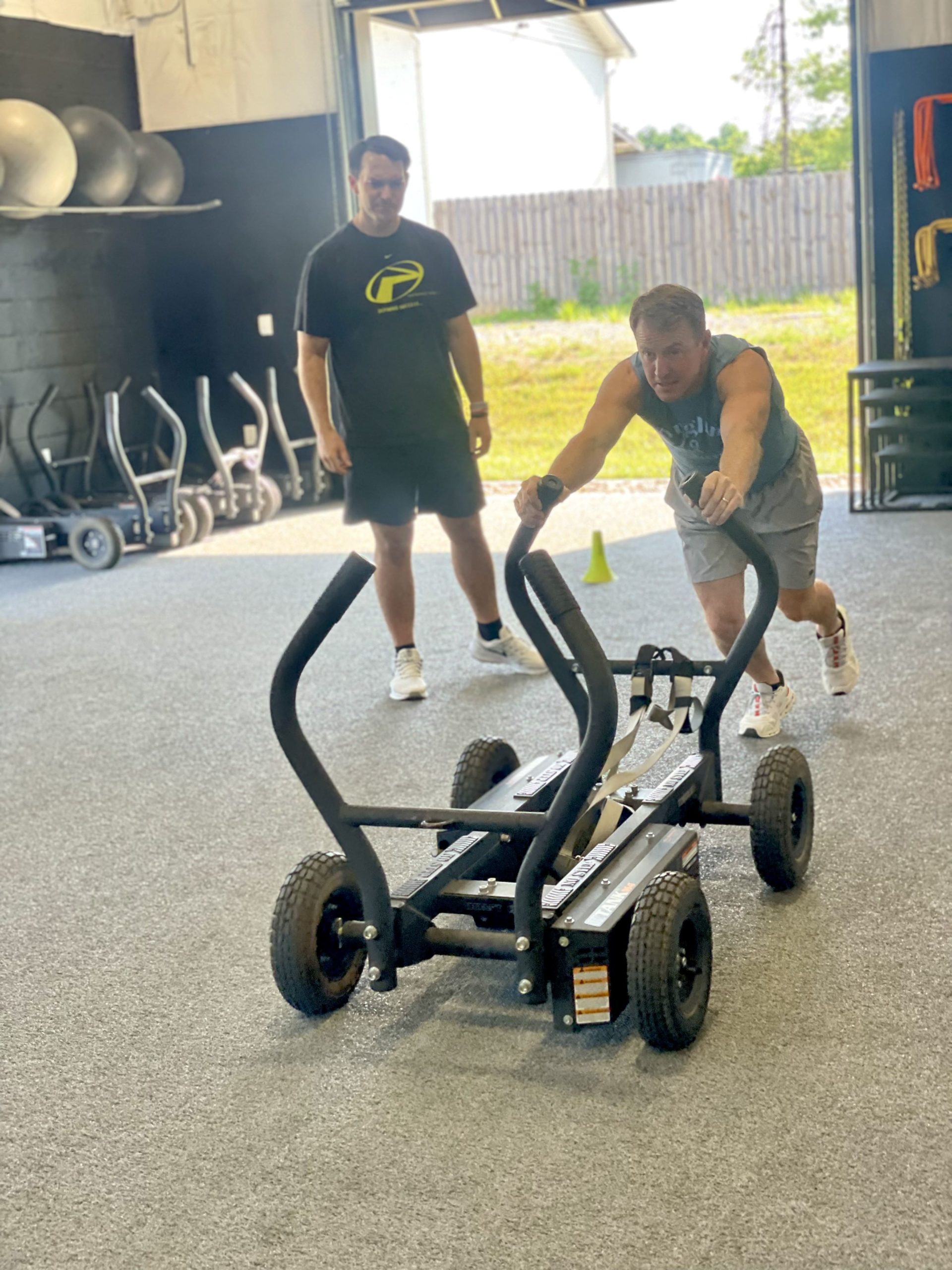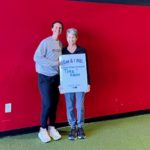Cancer survivors often receive a clear, comprehensive treatment plan to battle the disease. But when it comes to navigating life after cancer, the path forward isn’t always so well-defined. There’s no shortage of advice on how to rebuild your health, and new research is constantly emerging about what works best. The key is finding the right information—and the right approach—that fits your unique journey.
At Survivor Fitness, we know that life after cancer can feel overwhelming. That’s why we’re committed to combining the encouragement and camaraderie of cancer recovery with science-backed strategies that help our participants reclaim their health. From board members deeply rooted in the medical community to trainers who are certified cancer exercise specialists, we’re dedicated to using data and information to empower survivors in creating their individual paths to recovery.
Science-Backed Strategies for Life After Cancer Treatment
Here are five key strategies supported by research that have shaped our programs and can guide your journey to a healthier, longer life:
- Establish a New Routine of Regular Physical Activity
Study: Regular physical activity after cancer treatment has been shown to reduce the risk of cancer recurrence and improve overall survival by up to 50% in some cancer types (Source: American Cancer Society).
Getting started with an exercise routine after cancer treatment—even for those who were active before diagnosis—can feel daunting, but it’s incredibly valuable for long-term health. The most powerful thing you can do is to make the decision to begin right where you are.
We encourage participants to start slowly and find activities that bring them joy while also helping them regain strength and endurance through one-on-one training sessions.
- Make Physical Activity a Lifelong Habit
Study: Initiating physical activity after a cancer diagnosis was linked to an 11-13% lower risk for cardiovascular diseases (Source: JACC CardioOncology).
Many cancer treatments can increase the risk of cardiovascular issues. Engaging in the lifelong habit of maintaining physical activity mitigates these risks.
For many participants, Survivor Fitness serves as a launching point for a sustained fitness journey. Some of our graduates join alumni group classes, while others continue working with trainers beyond the program. Establishing these healthy habits is about creating a foundation for long-term health.
- Find the Balance Between Gentle Beginnings and Gradual Progression
Study: Engaging in moderate-intensity training 2-3 times per week can significantly reduce cancer-related fatigue both during and after treatment. (Source: National Library of Medicine)
Fatigue and muscle loss are two of the most common side effects of cancer treatment. Many survivors start with limited physical capacity after treatment, sometimes struggling with basic tasks like climbing stairs. That’s why our trainers focus on meeting participants where they are and gradually progress, pushing them to achieve more than they initially thought possible. This personalized approach to fitness is a cornerstone of our program.
- Adopt a Nutrient-Rich Eating Plan That Works for You
Study: A diet rich in fruits, vegetables, and whole grains has been associated with a 20-30% reduction in the risk of cancer recurrence (Source: World Cancer Research Fund).
Healthy eating doesn’t have to be an all-or-nothing approach. Our partnered dietitians emphasize balance, not perfection. Instead of drastic changes, they help participants find realistic, sustainable ways to incorporate nutrient-rich foods into their daily lives. Whether it’s by practicing mindful eating or finding healthy alternatives to favorite snacks, the goal is to create a nutrition plan that supports long-term health while still being enjoyable.
- Prioritize Mental Health and Emotional Well-being
Study: Mindfulness-based interventions have been shown to reduce stress and improve quality of life in cancer survivors by up to 25% (Source: Journal of the National Cancer Institute).
Cancer doesn’t just affect the body—it also takes an emotional toll. Many survivors experience anxiety, depression, or feelings of uncertainty about the future.
This is a primary reason why we integrated mental health programs in 2024. Therapy, mindfulness, and other strategies for coping with cancer-related anxiety can help survivors navigate this new chapter with resilience and confidence.
Your Journey to a Healthier Future Starts Here
At Survivor Fitness, we’re dedicated to helping you take the first steps towards a healthier, longer life after cancer. We believe in the power of combining scientific knowledge with personalized support to empower you on your journey. Explore our programs or apply today to start your journey toward a healthier, stronger future.


